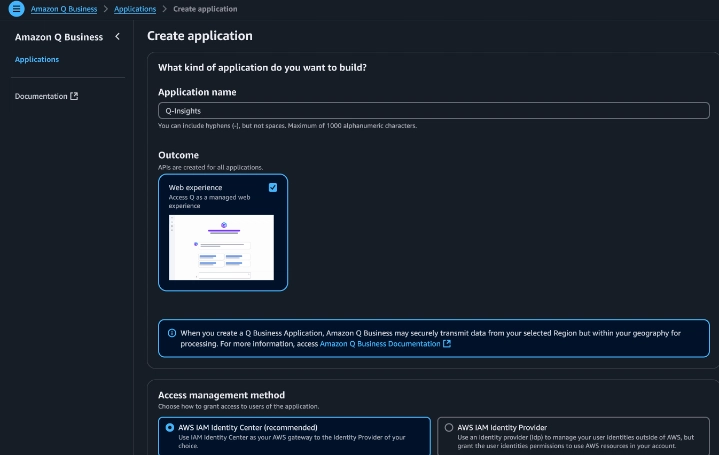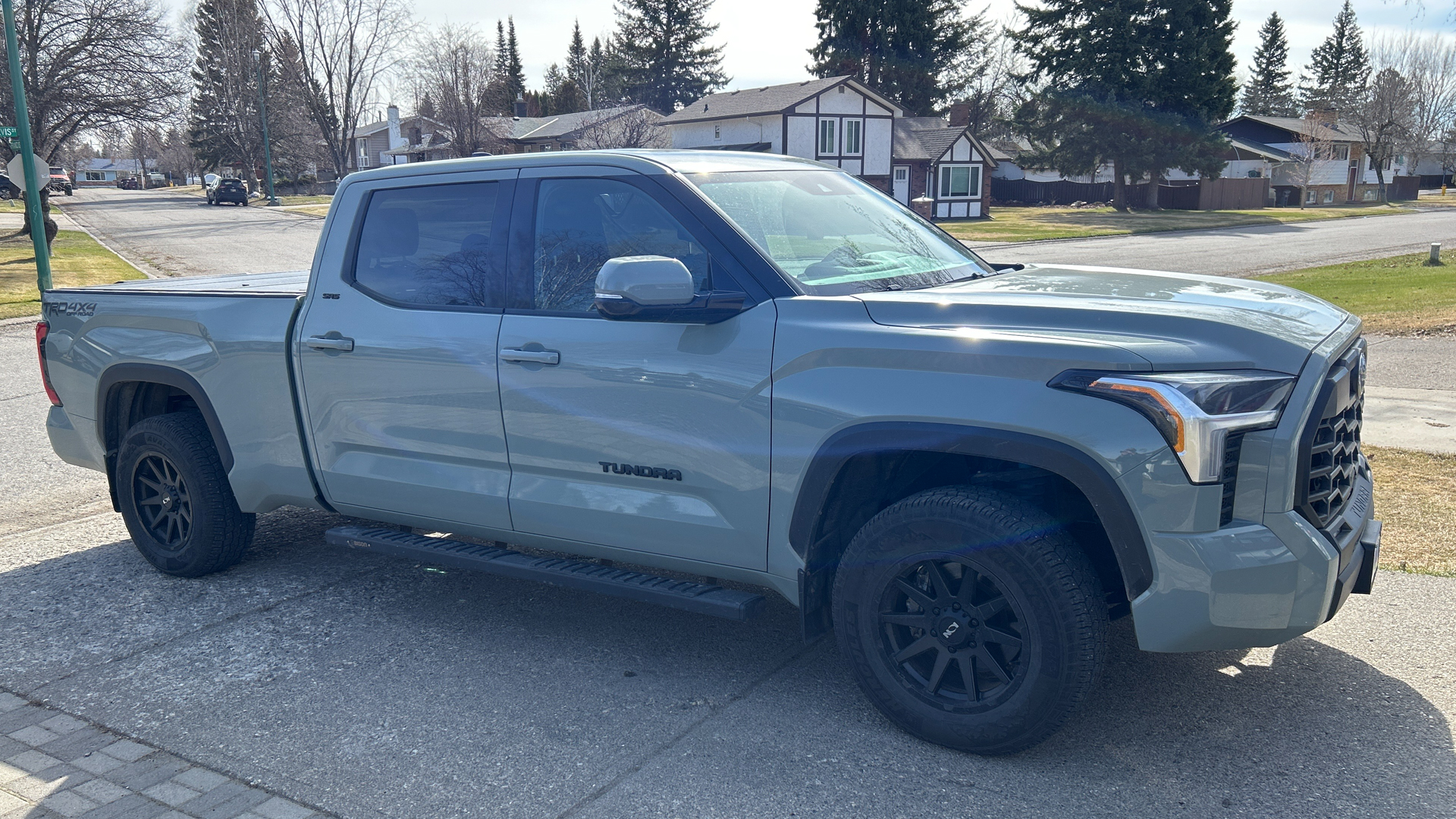From Resume to Real Skills: How to Spot a Truly Great Developer
Hiring a developer isn’t just about checking off skills from a resume. It’s about figuring out if someone can actually build real stuff, solve tricky problems, and work well with others. The resume is just the start. What really matters? The actual skills behind the buzzwords. Most resumes look the same. Everyone’s “passionate,” “detail-oriented,” and “experienced in multiple languages.” But does that mean they can write clean, maintainable code? Can they debug a critical issue at 2 AM without panicking? That’s what separates a decent developer from a great one. So how do you go beyond the resume and find someone who truly knows their craft? Let’s walk through it. 1. Don’t Fall for Buzzwords It’s easy to be impressed by big names and trendy tech stacks on paper. One candidate lists React, Node.js, Docker, and Kubernetes. Another drops Python, Django, and AWS. Looks good, right? Slow down. Anyone can list tools. The real question is: how have they used them? Ask candidates about specific projects. Not vague answers like “I helped build a scalable platform.” Push for the what and how. What problem were they solving? What exactly did they build? How did they work with others? What decisions did they make? You’ll get a sense quickly if they actually did the work or just watched someone else do it. 2. Ask About Failures Yep—ask what went wrong. It’s easy to talk about wins. But how someone handles failure says more. Ask them about a time something broke. Maybe a launch failed, or a bug slipped into production. How did they respond? Did they take responsibility? Did they learn from it? Good developers aren’t just good coders—they’re good problem-solvers. And you don’t get better without messing up a few times. What matters is what they did next. 3. Test for Real-World Skills, Not Just Trivia Too many interviews still throw out questions like “What’s the time complexity of bubble sort?” or “How does a hash map work internally?” That’s fine in school. But you’re hiring someone to build software in real life, not pass a computer science exam. Instead, give them a real-world problem. Maybe something you’ve faced recently. It doesn’t have to be big. Even a 1-2 hour task is enough to see how they think, write, and structure code. And please—don’t make them do it live on Zoom. Let them work on it in their own time. That’s how they’ll actually work on the job. 4. Look for Curiosity Great developers are curious. They dig into how things work. They ask “why” a lot. They explore new tools, not because they’re trendy, but because they’re curious. Ask candidates what they’ve learned recently—could be a new tool, a better way to write tests, or even something non-tech like a book or hobby. Curiosity shows they’re growing. And someone who’s always learning will outpace someone who just coasts on their degree or past jobs. 5. Watch How They Communicate Code is only part of the job. Developers need to talk to teammates, explain ideas, ask questions, and even push back on bad decisions. Pay attention to how clearly someone explains their thoughts. Do they overcomplicate things? Or do they explain in a way that makes sense, even to someone less technical? Good communication prevents mistakes. It saves time. It makes the whole team better. And it’s a must-have. 6. Understand Their Role on a Team You’re not just hiring a developer—you’re adding someone to a team. That changes things. Ask how they’ve worked with designers, product folks, QA testers, or other engineers. What role did they play? Did they lead? Did they support? Were they the go-to person for something? Team players understand trade-offs. They’re flexible. They know when to speak up and when to listen. And they care about shipping good work, not just showing off. 7. Go Beyond the Code Look for side projects. Contributions to open source. Blog posts. Speaking gigs. Or even just writing about stuff they’ve learned. You don’t need a GitHub with 100 stars. But side projects show initiative. It means they like building things—even when no one’s watching. Some developers at a software development company in France say they screen new hires by checking how often they contribute to the team’s internal documentation or tools. It shows they care about helping others and improving the team—not just cranking out code. 8. Check for Alignment, Not Perfection No one is great at everything. Some developers write flawless code but hate meetings. Others are great mentors but slow with deadlines. That’s fine. What matters is: do their strengths match what your team needs right now? Maybe you need a fast problem-solver to get an MVP out the door. Or maybe you need someone methodical to clean up technical debt. Find someone whose natural strengths fit the job—not someone who looks good “on paper.” And if you’re looking for a long-term partner? A software development company in

Hiring a developer isn’t just about checking off skills from a resume. It’s about figuring out if someone can actually build real stuff, solve tricky problems, and work well with others. The resume is just the start. What really matters? The actual skills behind the buzzwords.
Most resumes look the same. Everyone’s “passionate,” “detail-oriented,” and “experienced in multiple languages.” But does that mean they can write clean, maintainable code? Can they debug a critical issue at 2 AM without panicking? That’s what separates a decent developer from a great one.
So how do you go beyond the resume and find someone who truly knows their craft? Let’s walk through it.
1. Don’t Fall for Buzzwords
It’s easy to be impressed by big names and trendy tech stacks on paper. One candidate lists React, Node.js, Docker, and Kubernetes. Another drops Python, Django, and AWS. Looks good, right?
Slow down.
Anyone can list tools. The real question is: how have they used them?
Ask candidates about specific projects. Not vague answers like “I helped build a scalable platform.” Push for the what and how. What problem were they solving? What exactly did they build? How did they work with others? What decisions did they make? You’ll get a sense quickly if they actually did the work or just watched someone else do it.
2. Ask About Failures
Yep—ask what went wrong. It’s easy to talk about wins. But how someone handles failure says more.
Ask them about a time something broke. Maybe a launch failed, or a bug slipped into production. How did they respond? Did they take responsibility? Did they learn from it?
Good developers aren’t just good coders—they’re good problem-solvers. And you don’t get better without messing up a few times. What matters is what they did next.
3. Test for Real-World Skills, Not Just Trivia
Too many interviews still throw out questions like “What’s the time complexity of bubble sort?” or “How does a hash map work internally?”
That’s fine in school. But you’re hiring someone to build software in real life, not pass a computer science exam.
Instead, give them a real-world problem. Maybe something you’ve faced recently. It doesn’t have to be big. Even a 1-2 hour task is enough to see how they think, write, and structure code.
And please—don’t make them do it live on Zoom. Let them work on it in their own time. That’s how they’ll actually work on the job.
4. Look for Curiosity
Great developers are curious. They dig into how things work. They ask “why” a lot. They explore new tools, not because they’re trendy, but because they’re curious.
Ask candidates what they’ve learned recently—could be a new tool, a better way to write tests, or even something non-tech like a book or hobby. Curiosity shows they’re growing. And someone who’s always learning will outpace someone who just coasts on their degree or past jobs.
5. Watch How They Communicate
Code is only part of the job. Developers need to talk to teammates, explain ideas, ask questions, and even push back on bad decisions.
Pay attention to how clearly someone explains their thoughts. Do they overcomplicate things? Or do they explain in a way that makes sense, even to someone less technical?
Good communication prevents mistakes. It saves time. It makes the whole team better. And it’s a must-have.
6. Understand Their Role on a Team
You’re not just hiring a developer—you’re adding someone to a team. That changes things.
Ask how they’ve worked with designers, product folks, QA testers, or other engineers. What role did they play? Did they lead? Did they support? Were they the go-to person for something?
Team players understand trade-offs. They’re flexible. They know when to speak up and when to listen. And they care about shipping good work, not just showing off.
7. Go Beyond the Code
Look for side projects. Contributions to open source. Blog posts. Speaking gigs. Or even just writing about stuff they’ve learned.
You don’t need a GitHub with 100 stars. But side projects show initiative. It means they like building things—even when no one’s watching.
Some developers at a software development company in France say they screen new hires by checking how often they contribute to the team’s internal documentation or tools. It shows they care about helping others and improving the team—not just cranking out code.
8. Check for Alignment, Not Perfection
No one is great at everything. Some developers write flawless code but hate meetings. Others are great mentors but slow with deadlines.
That’s fine.
What matters is: do their strengths match what your team needs right now?
Maybe you need a fast problem-solver to get an MVP out the door. Or maybe you need someone methodical to clean up technical debt. Find someone whose natural strengths fit the job—not someone who looks good “on paper.”
And if you’re looking for a long-term partner? A software development company in France with a strong hiring process might help you build that solid dev team without wasting time on guesswork.
9. Talk to Their References (The Right Way)
Don’t just ask, “Were they good?”
Ask specific stuff: Did they show up for code reviews? Were they dependable during crunch time? How did they take feedback? Were they good under pressure?
You’ll get more honest answers. And you’ll find out what it’s really like to work with them—not just what they list on LinkedIn.
10. Trust the Small Signals
Sometimes the little things tell you more than anything else.
How fast do they reply? Are they polite but clear? Did they ask good questions during the interview? Were they honest about what they don’t know?
A sloppy email or flakey scheduling might not seem like a big deal—but it adds up. You want someone who’s reliable, respectful, and just plain easy to work with.
Final Thoughts: Skip the Flash. Focus on Fit.
At the end of the day, you’re not hiring a resume. You’re hiring a real person. One who’ll be writing code, solving bugs, sitting in meetings, and hopefully making your team better.
Resumes help you find the signal—but they don’t tell the whole story.
Talk to candidates. Watch how they think. Give them something real to do. Trust your instincts, and don’t rush it.
And if you need a shortcut? A trusted software development company in France might already have those great developers on hand. They’ve done the vetting, they know what works, and they’re ready to plug into your projects without the usual hiring headaches.
Smart hiring isn’t about chasing rockstars. It’s about finding the right fit.











![How to Work With HAR Files: A Step-by-Step Guide [With Examples]](https://media2.dev.to/dynamic/image/width=800%2Cheight=%2Cfit=scale-down%2Cgravity=auto%2Cformat=auto/https%3A%2F%2Fdev-to-uploads.s3.amazonaws.com%2Fuploads%2Farticles%2F5wovh8gozs51ofbg0nks.png)






_Andreas_Prott_Alamy.jpg?width=1280&auto=webp&quality=80&disable=upscale#)



















































